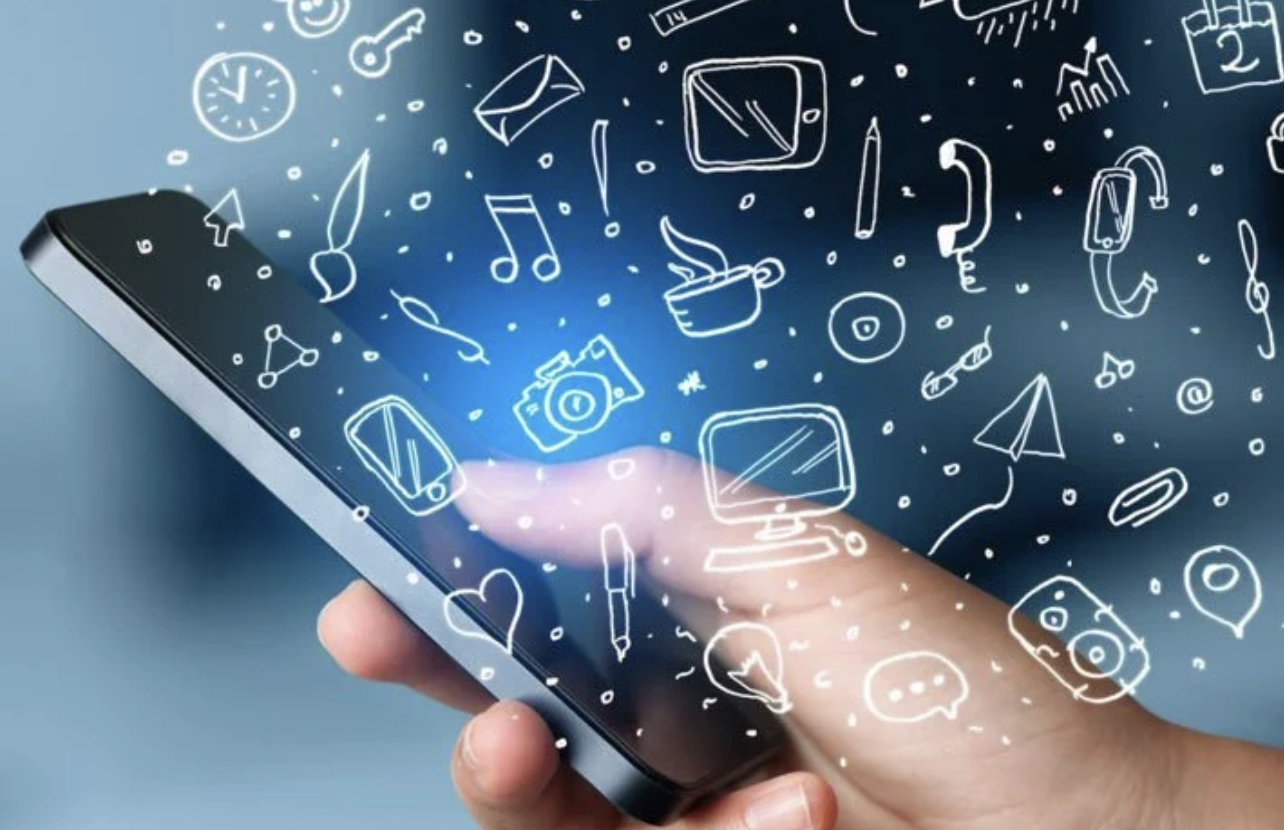Mobile phones have evolved over time, consequently becoming a computer in your palm hand. Cellular phones were basically used for making calls as well as texting. Their screens were just black and white with limited capabilities. For instance, the most intriguing functionality that transformed most Kenyans lives in those days was Mpesa, which enabled mobile users to send and receive money via mobile phones.
But due to emergency of smartphones, there is a heap of mobile phone features, that have made phones an extremely valuable asset in a human life. Therefore, smartphones have become a necessity in our daily lives, as we use it to perform various transactions and social activities including online purchasing, virtual meetings, research, telemedicine, schooling, engaging on social media platforms, connecting with loved ones and friends etc.
The usage of mobile phones has exponentially increased around the world, due to its sophisticated capabilities and affordability. In 2021, the number of smartphone users in the world today, is 6.378 billion, which translates to 80.63% of the world’s population owning a smartphone (bankmycell.com). China, India, and USA have the largest number of mobile users. The number of mobile users in Africa is also growing rapidly, as smartphones become more affordable. About 200 million users made 27.55 billion money transactions in Sub-Saharan Africa, Middle East and North Africa in 2020, which was 66.5% of all transactions made worldwide.
Mobile money transactions have dominated in mobile transaction in most African countries, as it is more convenient, available, and reliable even to the rural parts of Africa. This has significantly contributed to a good life in most parts of Africa, for instance, Kenya where people are able to receive money even without owning a bank account. The banks have also shifted their services to mobile technology to capture a huge market share and facilitate the availability of their money services to a huge population. Banks have setup mobile money kiosks to be able to compete with the agile business environment.
The Internet has significantly spiced up the capabilities, and services of mobile phones to users. Internet has transformed the world into a global village, where people are sending and receiving real-time information, which enables instant and spontaneous decision making. Social media platforms have immensely influenced our way of life, as people post more about their lives, and what is happening around them. It has also increased space on people getting to know each other beyond their regions. Many people have the ability to conduct online businesses, teaching, product and services demonstrations, virtual doctor consultancy, virtual meetings, live shows, collaboration research, etc. via smartphones.
The internet has inherently become part of smartphones, hence, for such phones to be useful and intriguing, they must be connected to internet. The internet capability such as bandwidth has largely increased, making it faster than before. The Giga Internet has increased the amount of data being transmitted and the speed per second. The advancement and availability of the internet has significantly reduced the cost. The prices will significantly plummet as devices becomes cheaper day by day.
However, the Internet is becoming a more dangerous ground as cyber-crimes increase every day. The evil-nomics (dark web) has made the Internet the most risky place, where companies, individuals and governments are losing large amounts of data to cyber criminals, who are demanding ransom.
The android smartphones have been hugely affected negatively in the cyber world as cyber-attacks target android gadgets. Therefore, as internet gain momentum so are cyber-threats. Ransomware have increase in recent times where lucrative companies and government are casualties.
